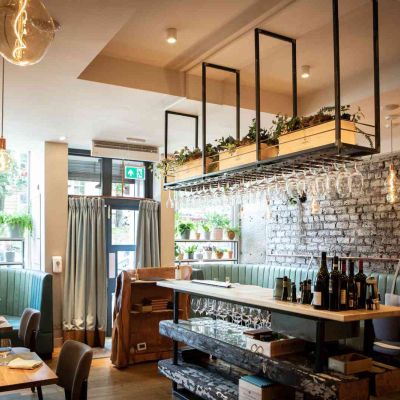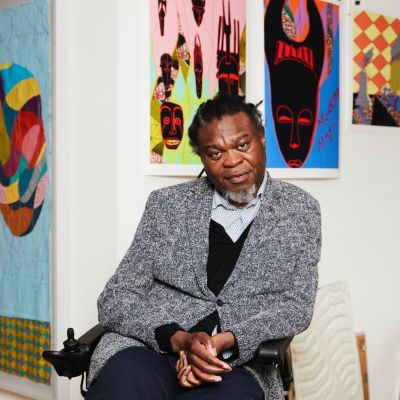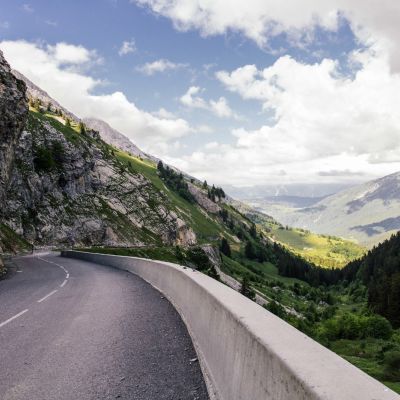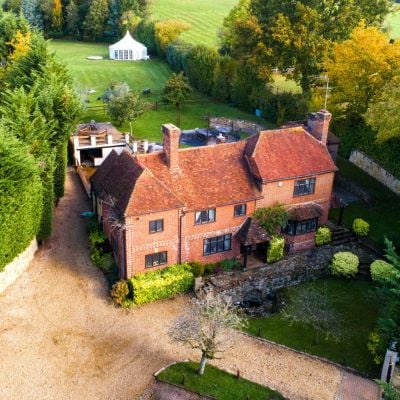Wildest Dreams
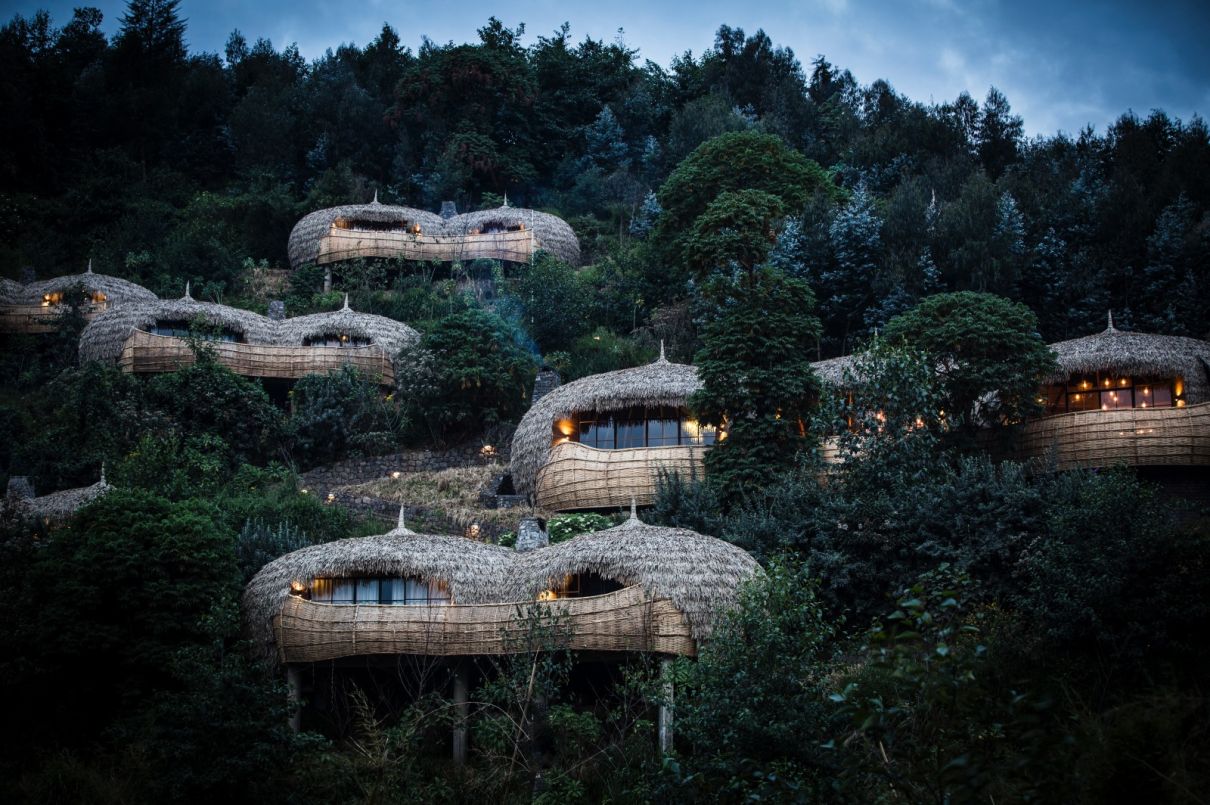
In conversation with a triumvirate from Wilderness, on what conservation means for the future of the planet.
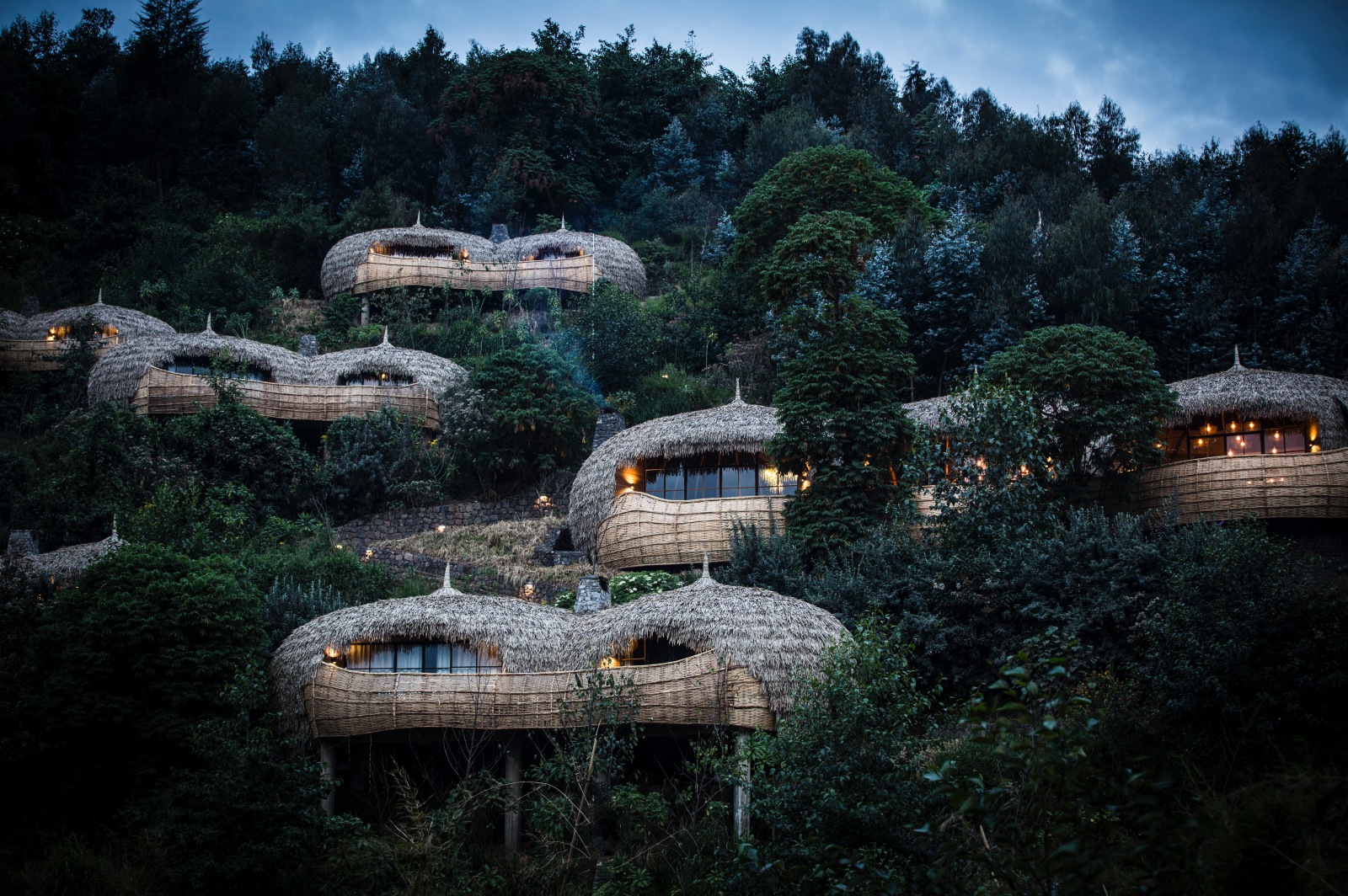
Wilderness (rebranded from Wilderness Safaris) has come a long way, in every sense. What started as a group of Botswana guides in 1983 is now one of the largest conservation and hospitality companies, responsible for protecting and sharing over six-million acres of wilderness in Africa. Present in eight countries (Botswana, Namibia, Kenya, Rwanda, South Africa, Tanzania, Zambia and Zimbabwe) Wilderness operates more than 60 camps and employs more than 3,000 staff, 90 percent of whom are from adjacent communities. The company is seeking to double the wilderness area it conserves (currently 2.3 million hectares) by 2030 and expand beyond Africa.
BILLIONAIRE spoke to three power players of conservation; Keith Vincent, chief executive of Wilderness, Manzi Kayihura, executive chairman of Wilderness Rwanda Board and Alexandra Margull, chief operations officer at Wilderness.
What were the vision and the values of Wilderness Safaris when it was founded?
Keith Vincent: First, there was the idea of always being on a journey. In 1983, we were a group of conversationists. We started as a mobile safari camp and not as a lodge-owning business. Back in the 1980s, the importance of protecting wild areas wasn’t as key as today; we realised quite soon that conservation had to be paired with commercial viability and tangible community impact. We were constantly moving from one area to the next and quickly saw how many were being intruded upon. It became even more important to protect large areas of land and we wanted to offer all wild species a safer future.
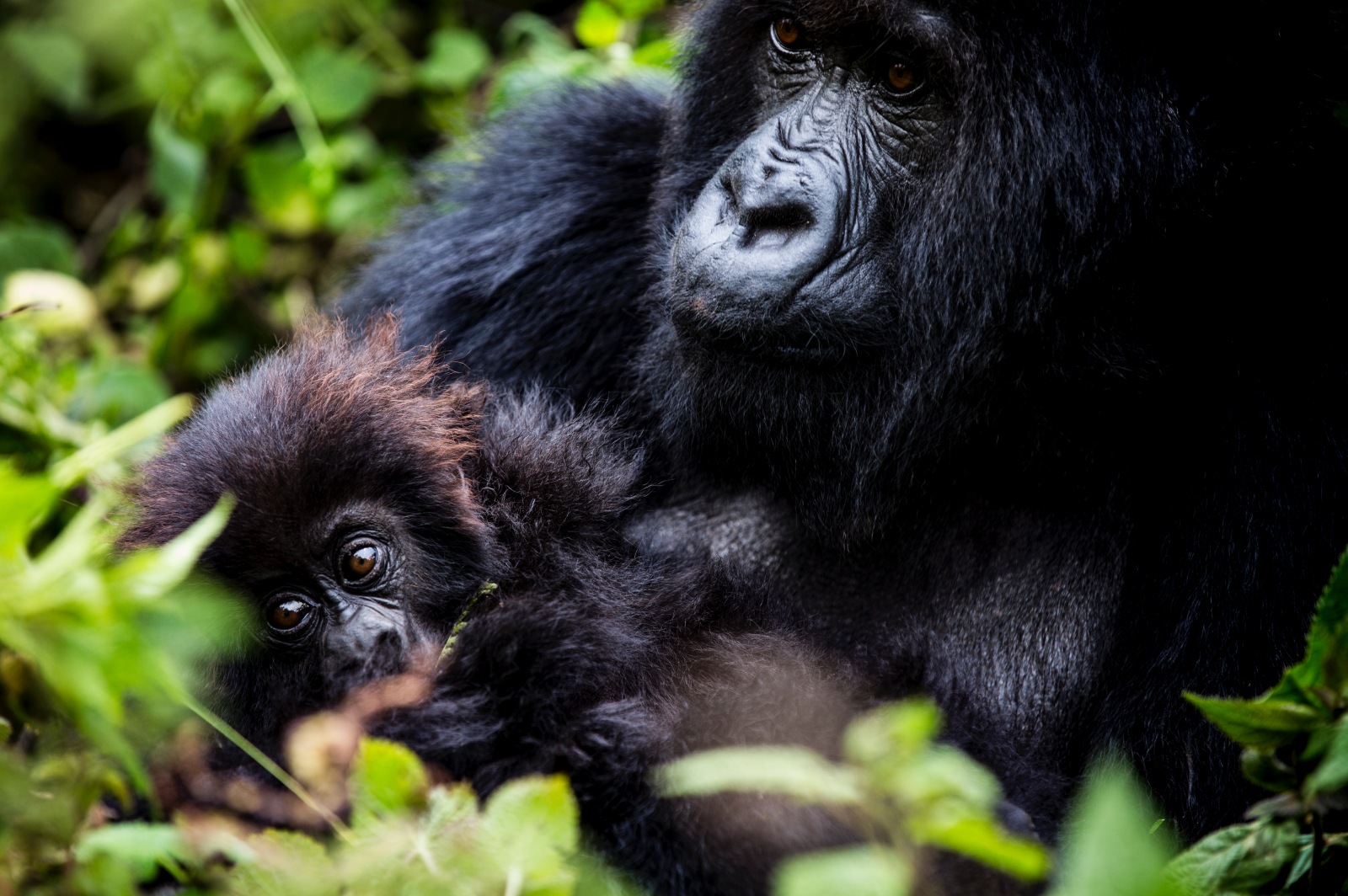
Was it possible to implement all this from the start?
Keith Vincent: As the company progressed into new countries, expanding out of Botswana, Namibia and Zimbabwe, where it originated, we seemed to attract skilled people with a love of wildlife and conservation. As we started getting into the concession side, working and partnering with the local communities became critical: they secured conservation areas while we provided them with jobs. Increased revenues meant they actively participated in protecting the land. Thirty years ago, running a community-based model was rare. Every cent we earned we ploughed back into the company: our first dividend was paid in 1998. Wilderness Safaris was built organically off its own profits. As we grew bigger, we learnt that we couldn’t rely on philanthropy alone, we needed to be on the ground and sustain our actions. We set up two trusts, one to protect the wilderness and one for the benefit of children, through which we multiplied initiatives. We reintroduced rhinos into Botswana, launched zebra and elephant studies and invested in anti-poaching units. In the late 1980s, we were faced with a huge population of HIV orphans who became street children; our goal was to educate them to get them off the streets.
How does this philosophy create a better guest experience?
Keith Vincent: The most important contribution we can make is creating opportunities for the locals, rather than importing skilled labour. Respecting and celebrating other people’s cultures is crucial for the future, creates a beautiful balance and has a ricochet effect. It gives each camp its own character, for example, a housekeeper telling guests about bringing rhinos back into the wild because she and the whole village took part in it. The success of our camps is a wonderful measure of the importance of people, community, and culture in a business.
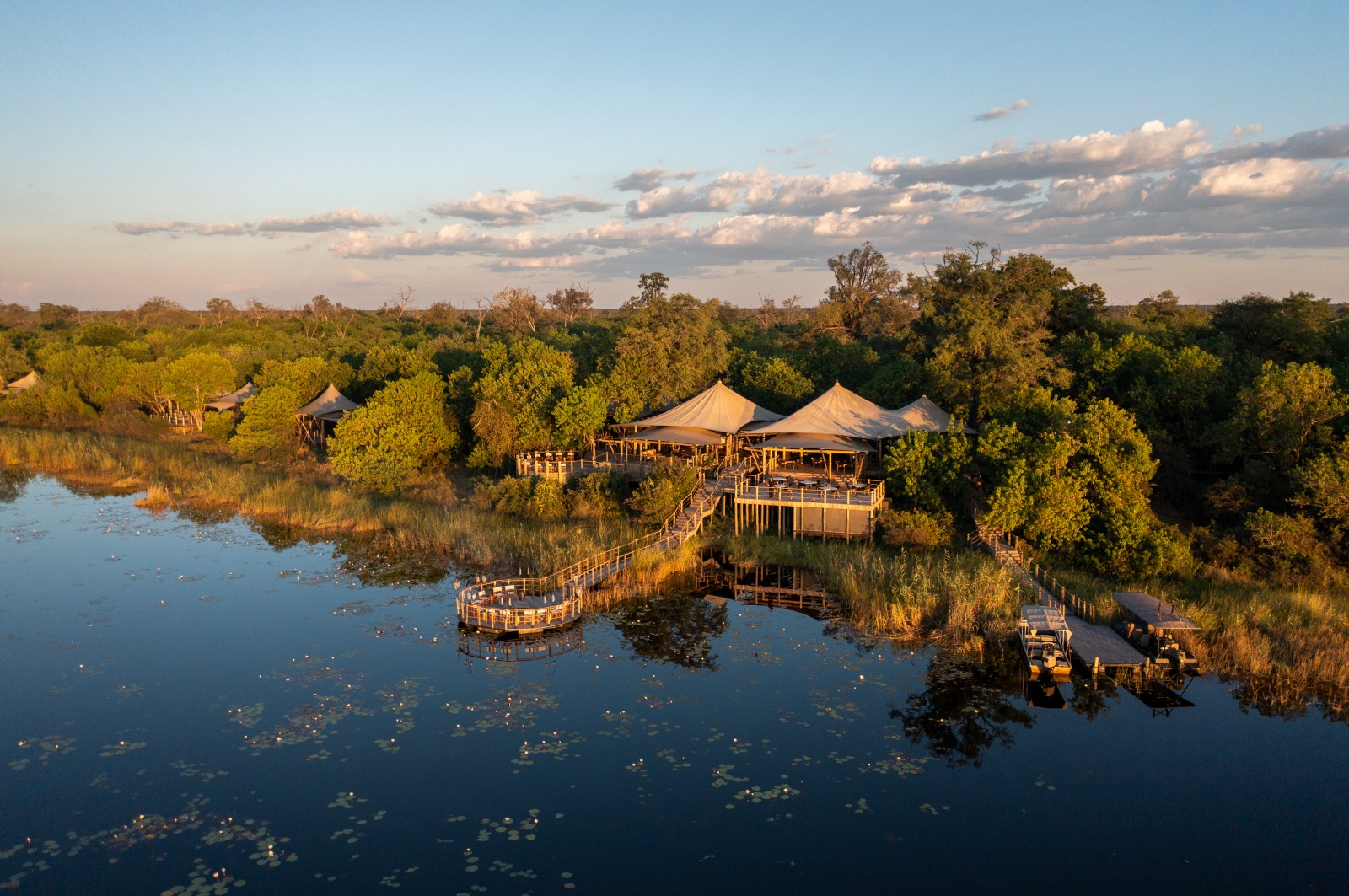
How has conservation changed over the years?
Keith Vincent: The size of land available for wild species is reducing day by day, yet there is a growing demand on the market for safaris. We would want to double the land under the influence of conservation over the next five years but the areas available are usually in poor condition, which means restoring and restocking the land, increasing security and reforestation. We’re looking at a longer timeline and commitment: all decisions made will outlive us; we do it for future generations. Lions are a good example: they are surviving in half of the land they need so we need to do much better if we want to get back to a greater number of lions and species. If you play your right cards and come up with a practical solution you can achieve incredible mileage on a political level too. I remember the nasty incident around Cecil the lion taken down by a rich American: in Zimbabwe we spoke with government officials and managed to introduce a lion-hunting ban for the following five years. We are privileged to be in that position today, so we work with the system in a positive and meaningful way.
How are science and technology helping you build a safer future?
Keith Vincent: They have become important tools. Today, using a drone, you can measure the carbon content of each tree and monitor its growth. We used to measure on foot, manually, today, we are doing it at a scale and we can react quicker to change. It remains important sometimes to keep control and share very little, especially when it comes to key species. We rarely talk about rhinos, as we don’t want anyone else to know where they are. Research comes first, for example, in Gishwati-Mukura National Park, Rwanda, before we even thought about building a camp, we followed and studied chimpanzees for three years. The research on the ground is a vital link to understanding the whole ecosystem, like buying an extra piece of land to protect a water source. As we move forward, we can interconnect more to make our findings more deliberate and impactful; connecting researchers together means coming up with new opportunities.
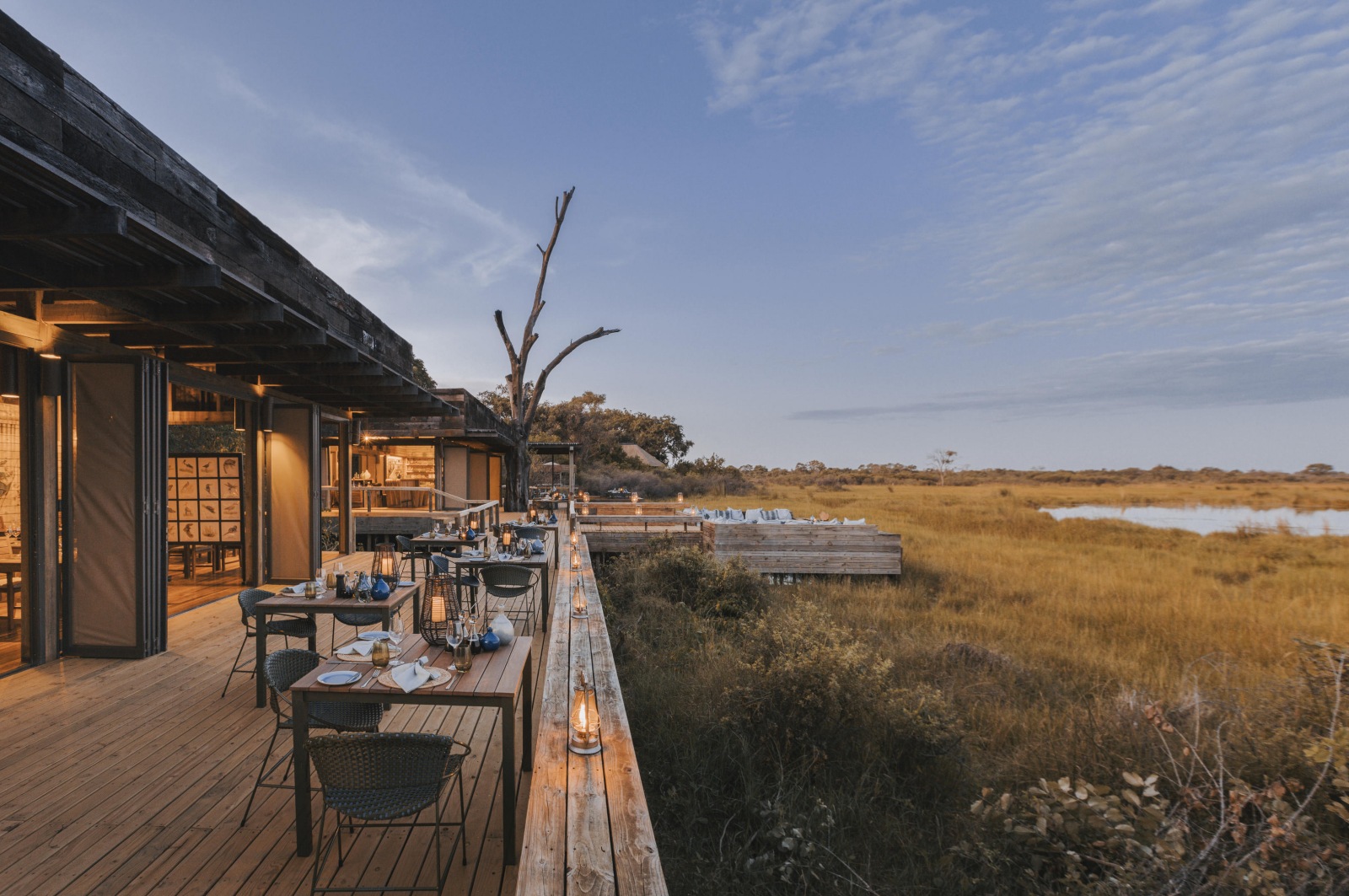
How has conservation impacted Rwanda over the years?
Manzi Kayihurat: Conservation has been successful as today communities in Rwanda get some 10 percent of the overall tourism revenue. But tourism and conservation must grow together while staying cautious about volumes: mass tourism cannot work in Rwanda. Our next step, for example, is to expand the national park to make more room for the gorillas – and not build more rooms for tourists! Schools are also getting direct and indirect impacts from conservation as children learn more and get more involved. Results are tangible and impact is growing. Local influences are woven into everything we do, cultures and ancient knowledge respected, for local communities know the most about the environment, biodiversity, and climate. We invest in training, fight against standardization, give them a voice, nurture symbiotic relationships.
How does Bisate Lodge stand out as a unique example?
Manzi Kayihura: We wouldn’t know how to run Bisate Lodge without the local community. When we came in, the land we were looking at was composed of 153 plots that belonged to 103 families. By law, we had to negotiate with each and every family, and discuss supporting them, making sure they didn’t become homeless. We provided locals with jobs: from building the day lounge, to securing food supplies and cooking. We helped them train and learn English, encouraged their passion for trees or cooking which provided them in return with a salary. Plus, all our profits are shared with the local community. Today, thousands of trees have been planted and biodiversity brought in to grow more vegetables for example: we found the right balance between food, farming and conservation.
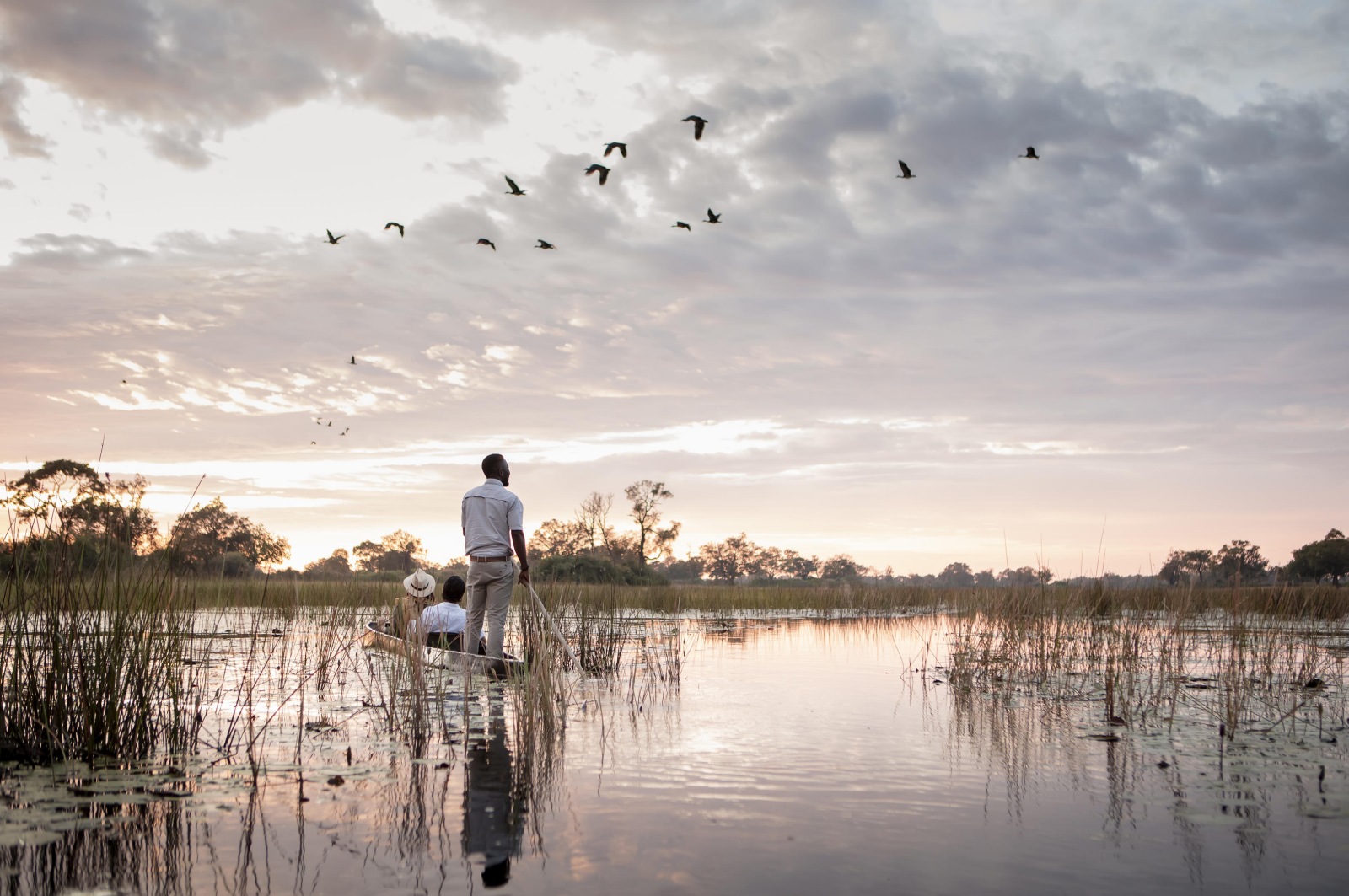
Why is the Gishwati project the next step forward?
Manzi Kayihura: Three years ago, Wilderness was asked to save the national park to protect its population of golden monkeys and chimpanzees. First, we need to bring biodiversity back, lead a reforestation project and help protect the rivers: the idea for the lodge came afterwards. Our aim is that communities benefit: we’ve employed local trackers for two years now to grow our knowledge on chimpanzees. The Gishwati project is about the long-lasting change and the respect.
How fundamental has the program Children in the Wilderness become?
Alexandra Margull: It is woven into our DNA. Since 2007, a total of 5,600 children have been hosted by Children in the Wilderness camps and over 11,000 children have participated in Eco-Clubs, while 150 conservation research projects have been funded by the Wilderness Wildlife Trust across all 8 countries. Our aim is to build a new generation of leaders: cautious but curious, younger kids participate in the Eco-Clubs after school hours; for example planting and looking after gardens. Children start having greater ambitions and we hear success stories of them becoming guides and pilots, lodge managers. The shifts are immense as communities take control of their own future.
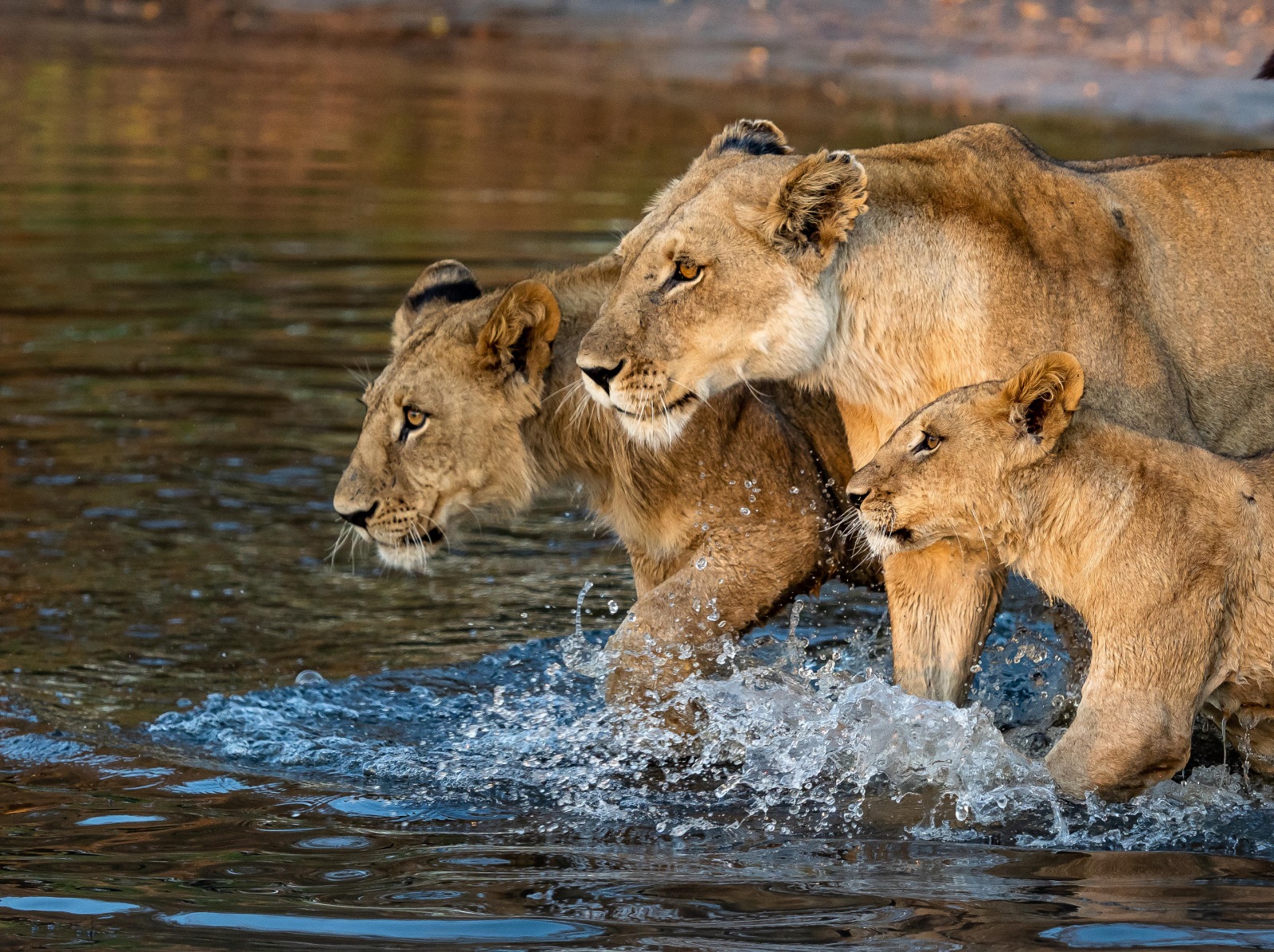
What are the main challenges today?
Alexandra Margull: One of the biggest hurdles is finding funding, a challenge which increased during the pandemic. Then there is geography: in Namibia, for example, the distances involved to reach the remote areas - where the most disadvantage communities are – creates natural barriers we aim break down. We would also like to broaden self-sustaining activities to increase the overall impact local communities can have, like teaching them farming mechanics or how to build solar water plants.
Wilderness Safaris has gone from running camps to luxury accommodations: was it a natural way forward?
Alexandra Margull: Yes, it was an organic process. Travel itself has evolved, people want comfort and enjoyment, but mainly experiences. Although our camps are luxurious, our philosophy is to build with a light footprint, use smart designs for climate control, renewable energy, efficient water systems, invest in innovative solutions. We want to provide a superlative experience without a negative impact: we source the right materials from sustainable sources - like FSC certified wood or linowood (organic compound) - we recycle all we can, repurpose old decks, choose canvases that can withstand the harsh climate. But most importantly, we work with local communities to incorporate local designs, textiles, expertise, and craft.
www.wildernessdestinations.com
This article originally appeared in Bilionaire's Healing Issue, Winter 2022/23. To subscribe contact


